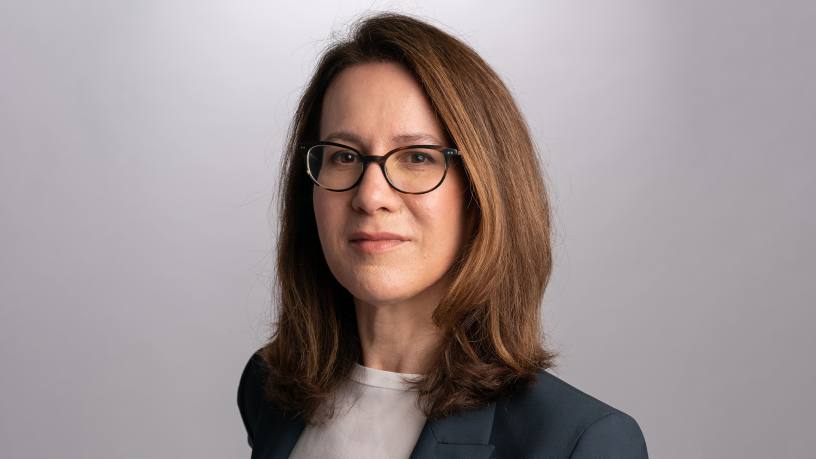A few months ago, I joined a lunch organised by the HEC Paris business school to discuss CEO activism — the seemingly established trend of chief executives taking a stand on social, environmental or political issues. Georg Wernicke, an academic, was presenting the main findings of some new research on the subject.
Speaking up on matters not directly related to companies’ activities may feel empowering, engaging and very human, said Wernicke. But, unless CEOs bring some true insight to the debate, it is also very likely a bad idea.
I was reflecting on this as the number of “externalities” that finance and business leaders will likely have to consider seem to be piling on in a big election year, while wars rage on, social inequality exacerbates in parts of the world and the climate and nature crises are painfully apparent. When should they speak? Or rather, should they speak at all?
Over the past decade, like other business leaders, some bank CEOs have publicly expressed their views on issues that would be considered outside of banking: from Goldman Sachs’s then-CEO Lloyd Blankfein supporting same-sex marriage in 2012, to Bank of America CEO Brian Moynihan’s famous quips to the Wall Street Journal in 2016 that “our jobs as CEOs now include driving what we think is right”. For Moynihan, “it’s not exactly political activism, but it is action on issues beyond business”.
While Wernicke’s latest study, which he conducted alongside Aurélien Feix from TBS Education, looks at whether CEO activism can advance the democratic process — something that the authors say is possible only if certain criteria is followed — there are more practical considerations.
The more vocal the CEO, the more scrutiny they are likely to attract to the company, which would appear as a reason to express views only on business strategy and the bottom line. In a previous study, Wernicke noted that companies with higher philanthropic donations were questioned more frequently about management’s high compensation in the media than those with similarly paid CEOs but lower philanthropic involvement. Charity and top corporate pay were seen as contradictions.
But business strategies and bottom lines, in many parts of the world, are increasingly intertwined with issues of inequality and environmental impacts. So CEO remuneration may well be in the spotlight more frequently for all, irrespective of whether the employer donates to philanthropic causes.
Similarly, banks — and their CEOs — committing to address global warming have fuelled criticism over their still conspicuous involvement in fossil fuel financing. But banks are also increasingly being quizzed by their supervisors and investors about their exposure to climate-related risks.
Accounting standards setters and regulators are creating new rules for disclosing climate and other sustainability factors that will affect lenders too. And new recruits, those very banks say, have certain expectations around the “sustainability” of their employers.
Something that only a few years ago would have felt like a personal view, as CEO activism, is now, because of supervisory, regulatory as well as societal pressures, arguably becoming very much part of banks’ business strategy and, in the long run, will likely affect the bottom line.
Scrutiny over CEOs’ public statements may be a nuisance. The most useful solution, however, wouldn’t be to keep quiet but to ensure that, as much as possible, those views are mirrored in solid corporate policies.
There are many nuances to this, of course. But there are also many ways in which bank leaders should reasonably be expected, and encouraged, to take a stand.
Silvia Pavoni is editor in chief of The Banker. Follow her on LinkedIn here.
Get in touch at thebankereditorial@ft.com.






